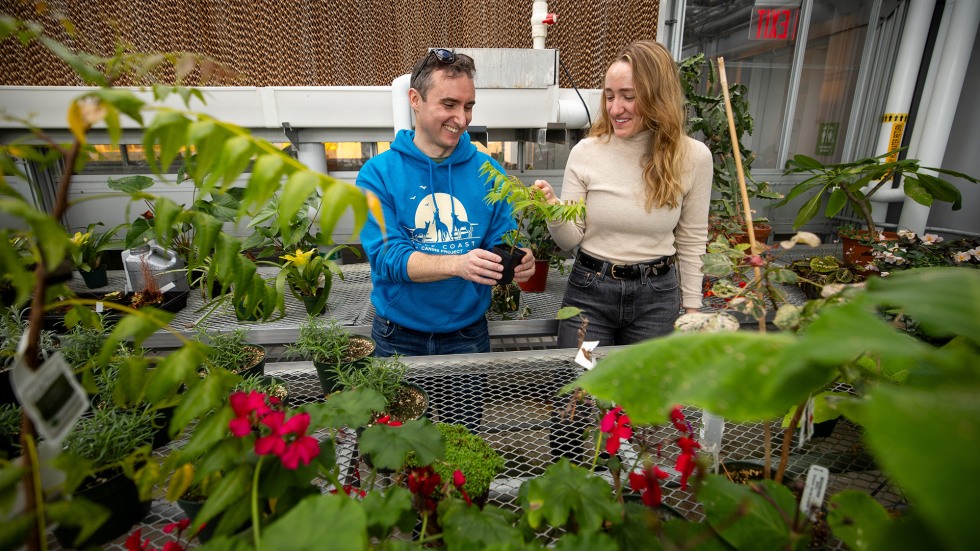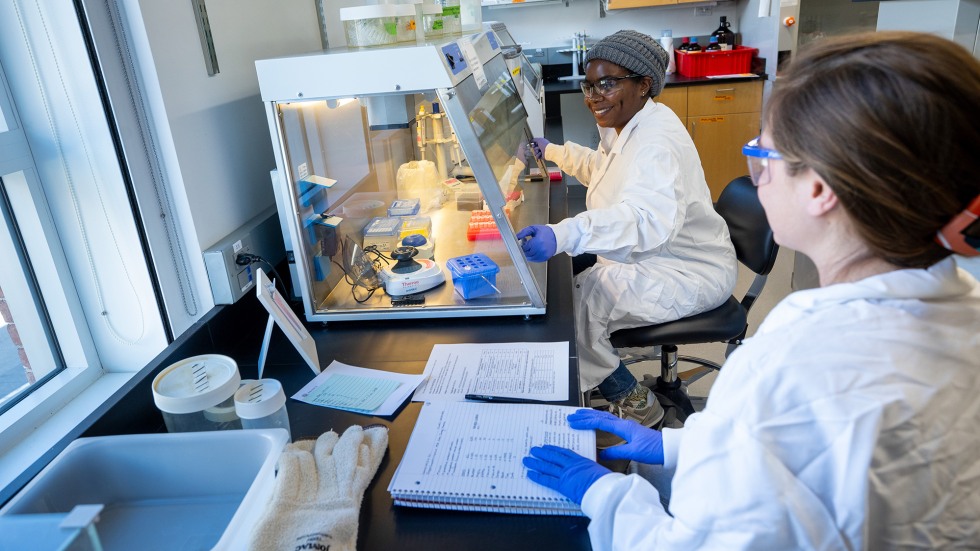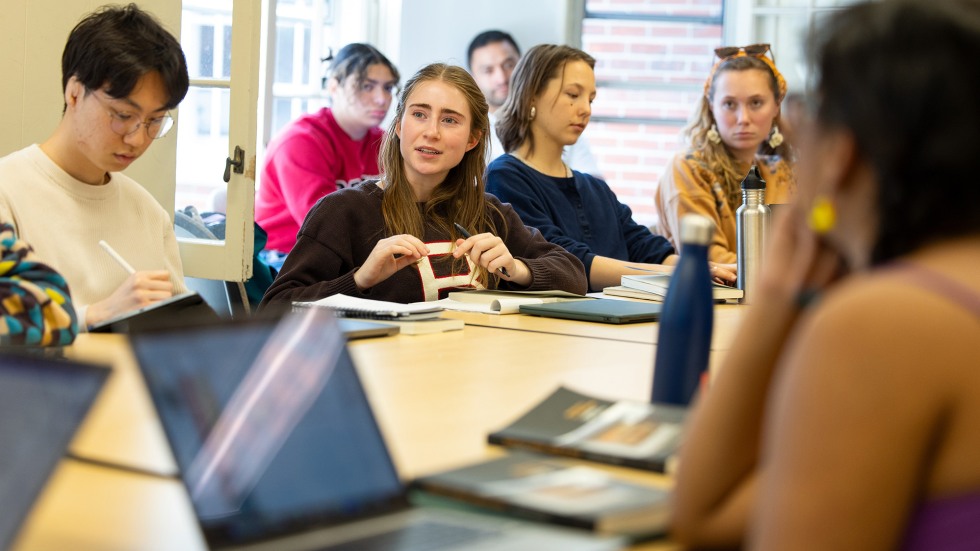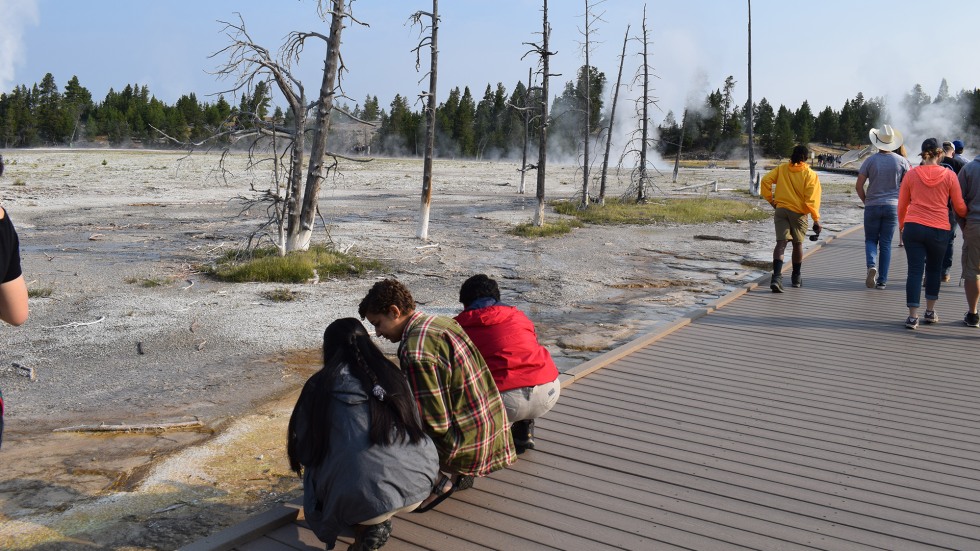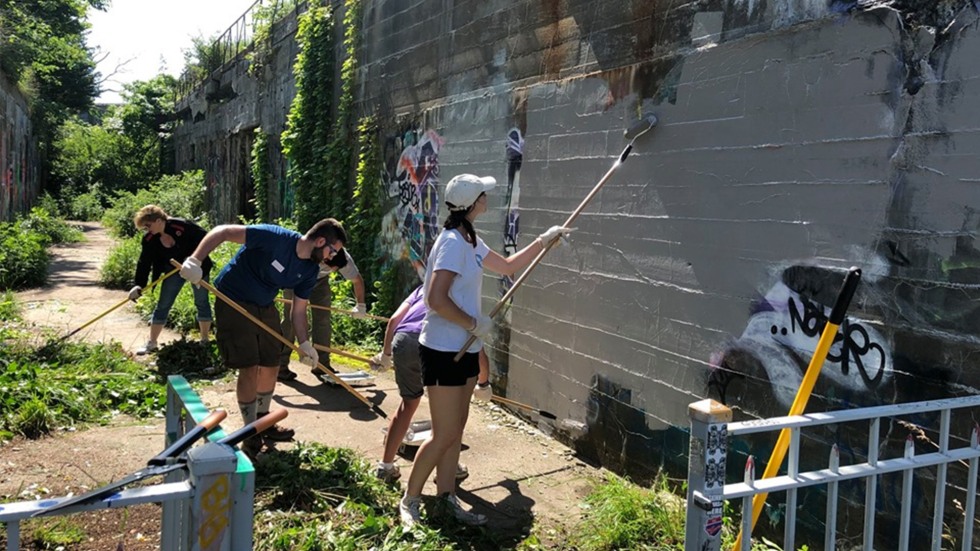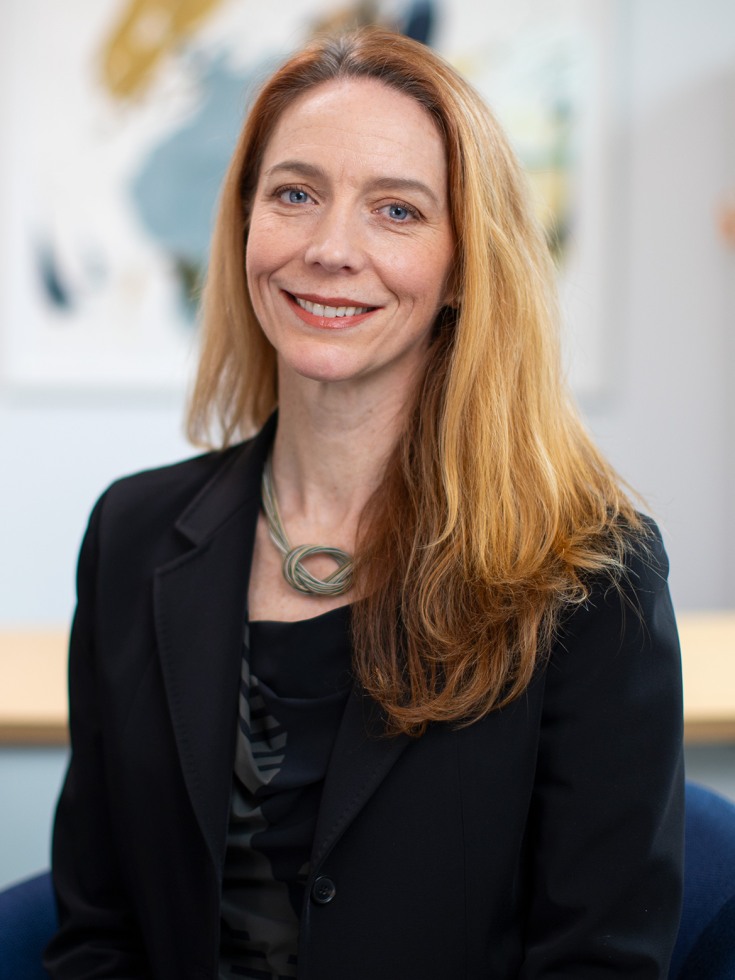PROVIDENCE, R.I. [Brown University] — As a young scientist, Kim Cobb was driven by a desire to uncover the mysteries of Earth’s climate systems. She was sure her research on the global evolution of El Niño and La Niña events would directly inform policy at local, federal and international levels, helping to solve the climate crisis.
“The collective wisdom, and my personal conviction, was that the body of scientific research would drive policy at every scale in the very near term,” Cobb said. “But I slowly realized that belief didn’t match up with reality.”
Cobb wondered: How could she be part of the solution as a scholar and a leader? In addition to seeking knowledge about Earth’s climate for the scientific community, how could she help real people and communities grapple with the increasingly dire climate challenges they were facing year in and year out?
In 2022, Cobb found the answer when she came to Brown University as director of the Institute at Brown for Environment and Society (IBES) and a professor of environment and society and Earth, environmental and planetary sciences. She knew that from air pollution to climate change to habitat loss, the world’s most pressing environmental challenges are deeply interconnected — and so are their solutions.
At IBES, that understanding has shaped everything from its educational philosophy to its pioneering research for the last decade.
